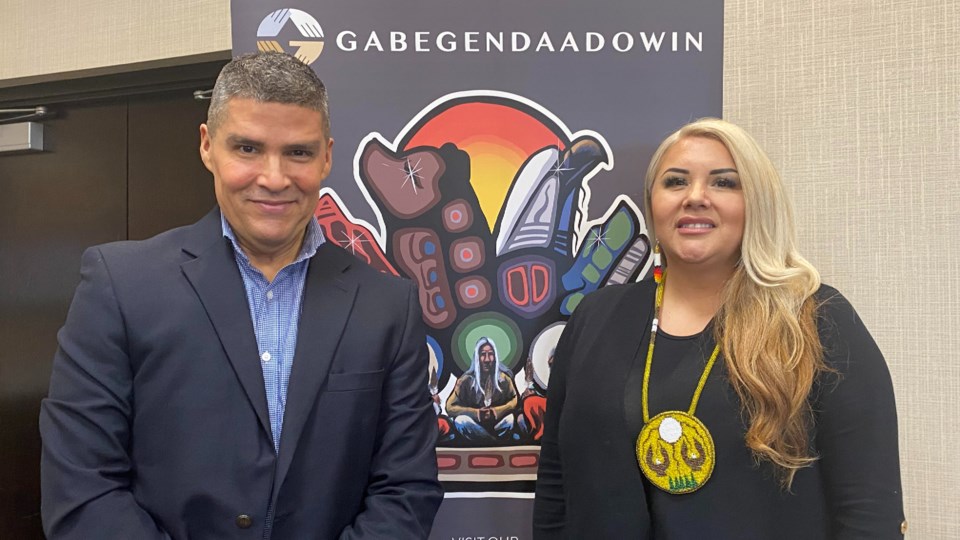Algoma University is offering local organizations a way to learn more about Indigenous culture.
The university is bringing its Gabegendaadowin Training Program to Timmins, offering a chance to learn more about Indigenous cultures, shared history, and how to navigate truth and reconciliation.
“There is an appetite for experiential learning opportunities related to the experiences of Indigenous peoples and explaining that history,” said Paul Sayers, Algoma University manager of Indigenous community relations, training, and development.
Gabegendaadowin translates from Ojibwe to mean mutual respect, care, consideration, and awareness for others.
The program’s introduction to Timmins launched at the Best Western Premiere Northwood Hotel on April 18. It started in 2018 as a partnership between Algoma University and the Sault Ste. Marie police department, and has grown from there.
The two-day program focuses on awareness, education, and immersive, open learning opportunities, focusing on shared history and the impact of that history. It will be offered in Timmins through the Northern College campus location.
To date, Algoma Steel, Ontario Northland, and the Ontario Lottery and Gaming Corporation (OLG) have signed on for sessions in the Gabegendaadowin program, and facilitators are looking forward to welcoming local cohorts as well.
“We can make it Timmins-specific,” said Sayers. “We actually have some facilitators that live in the Timmins area, and some are from Mattagami as well, so there is that local connection very embedded in the program.”
The program was developed by Indigenous curriculum co-ordinators, and the lessons are told from an Indigenous perspective. The course facilitators have both lived Indigenous experience and educational backgrounds.
“All of them pretty much have completed a master level of education and have completed or are currently completing their PhDs,” said Sayers.
Mattagami First Nation Chief Jennifer Constant, who attended the presentation, said that the local focus of the program was good to see.
“I think, as most people know, if you’re not Indigenous, this information is new to you, and for a lot of people, it’s shocking, even though in Indigenous communities, it’s understood because it’s our lived experience,” she said. “This will help make the paths we, as Indigenous people, live hopefully a lot less contentious and a lot less having to be the person who represents and who has to answer questions because not everyone is equipped to do it.”
Algoma University is located on the site of Shingwauk Hall Indian Resident School, and that connection is an important part of the program.
“As part of the curriculum, we do truth walks as part of that,” he said. “For those who can’t make it to Sault Ste. Marie, we can do virtual tours, so that’s something that we can embed when we take the training outside Sault Ste. Marie, as well.”
With the program's success so far, plans are in the works to offer a micro-credential program and a Grade 6 to 12 curriculum for younger students.
More information on the program is available on the Algoma University website. Organizations looking to get involved can reach out to [email protected].
